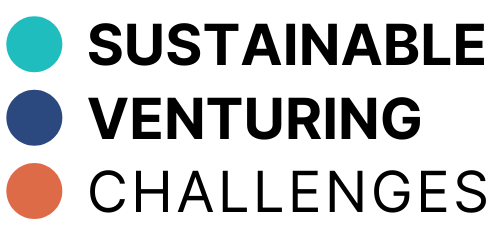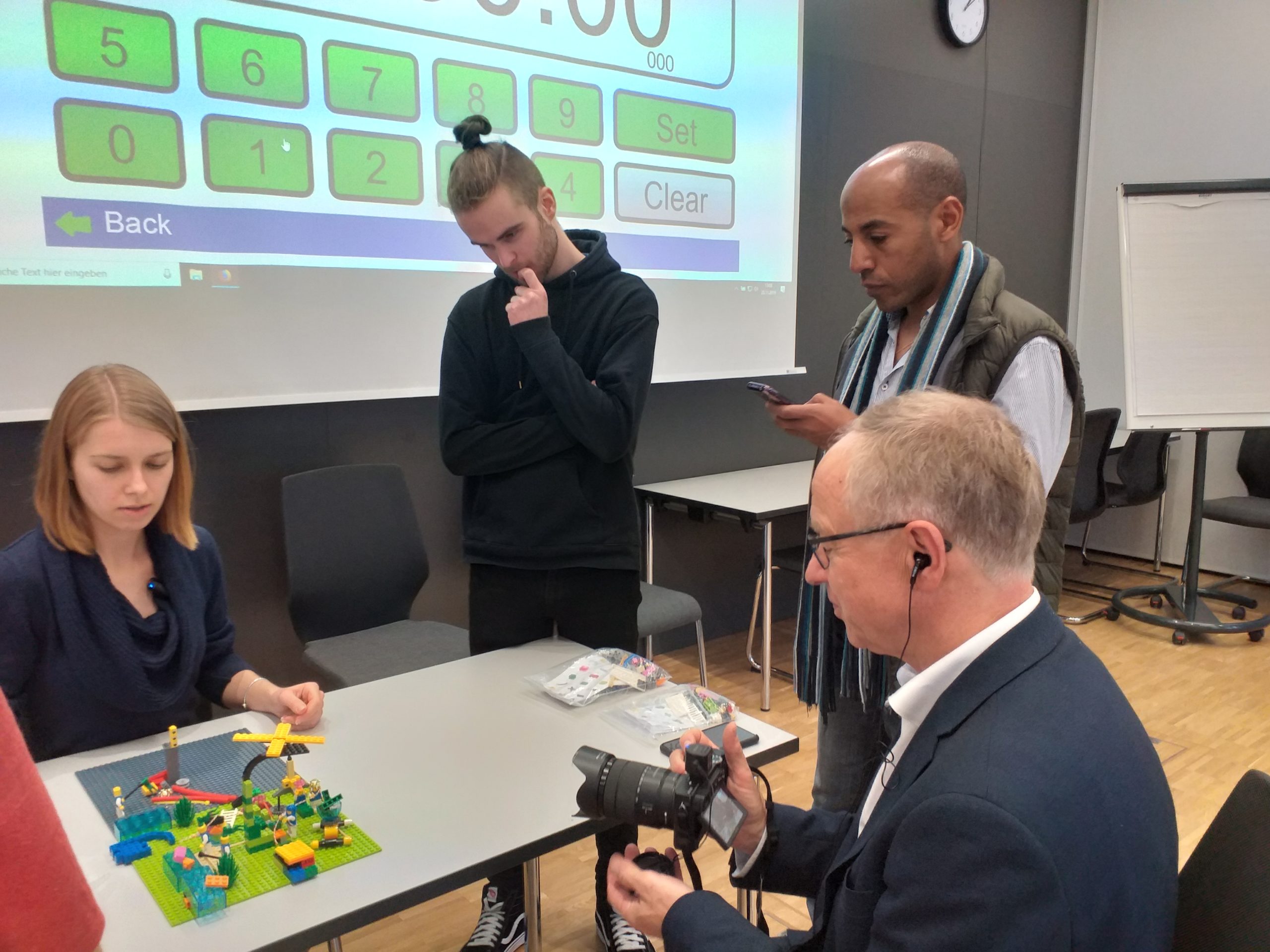“Building up a strong ecosystem of long-term partners is key”: Dr Frans Stel, Vennebroek Academic Services
Why did you decide to develop and work with challenge-based learning formats?
Dr Frans Stel: Challenge-based learning is a modern way of teaching: it’s a more effective way of learning and very appealing to (some) students, because of its ‘learning-by-doing’ nature. Afterwards, the students reflect upon their learnings.
What has your experience been?
Dr Frans Stel: Extremely positive, despite being somewhat time-consuming. It is useful, especially for more senior students.
As academic staff, what exactly is your role during the challenges?
Dr Frans Stel: I would say my role is that of an organiser or co-organiser, but also teacher, coach and trainer. I facilitate the students’ learning processes by offering useful tools and providing coaching and advice.
In your view, what are the advantages (and disadvantages, if any) of taking up challenge-based learning formats in comparison to research-, problem- or project-based learning?
Dr Frans Stel: Challenge-based learning offers highly motivated, rather senior students, the advantage of being able to integrate theory and practice. However, it can be a time-consuming and therefore expensive educational format.
“I think that to a certain extent, challenge-based learning will actually substitute traditional educational approaches.” – Dr Frans Stel
How to best ensure successful university-business collaboration in sustainable venturing challenges?
Dr Frans Stel: From my experience, the key to successful university-industry collaboration in developing and carrying out sustainable venturing challenges is to build up a strong ecosystem of long-term partners.
How relevant for the future is challenge-based learning and cooperation between universities and companies, in your opinion?
Dr Frans Stel: Very relevant! I think that to a certain extent, challenge-based learning will actually substitute traditional educational approaches.
Would you recommend other university staff to take up challenge-based learning into their curricula, and if so, why?
Dr Frans Stel: Yes, but only if they are motivated and enabled to participate in terms of time, workload, infrastructure and tools.

powered by ScaleUp4Sustainability
Carl von Ossietzky University of Oldenburg
Department of Business Administration, Economics and Law
Adj. Prof. Innovation Management and Sustainability
Ammerländer Heerstr. 114-118, 26129 Oldenburg, Germany
Legal notice and data protection

The platform was created as part of the ScaleUp4Sustainability project. ScaleUp4Sustainability (Project Reference: 601150-EPP-1-2018-1-DE-EPPKA2-KA) is funded by the Erasmus+/Knowledge Alliance Programme of the European Union.


